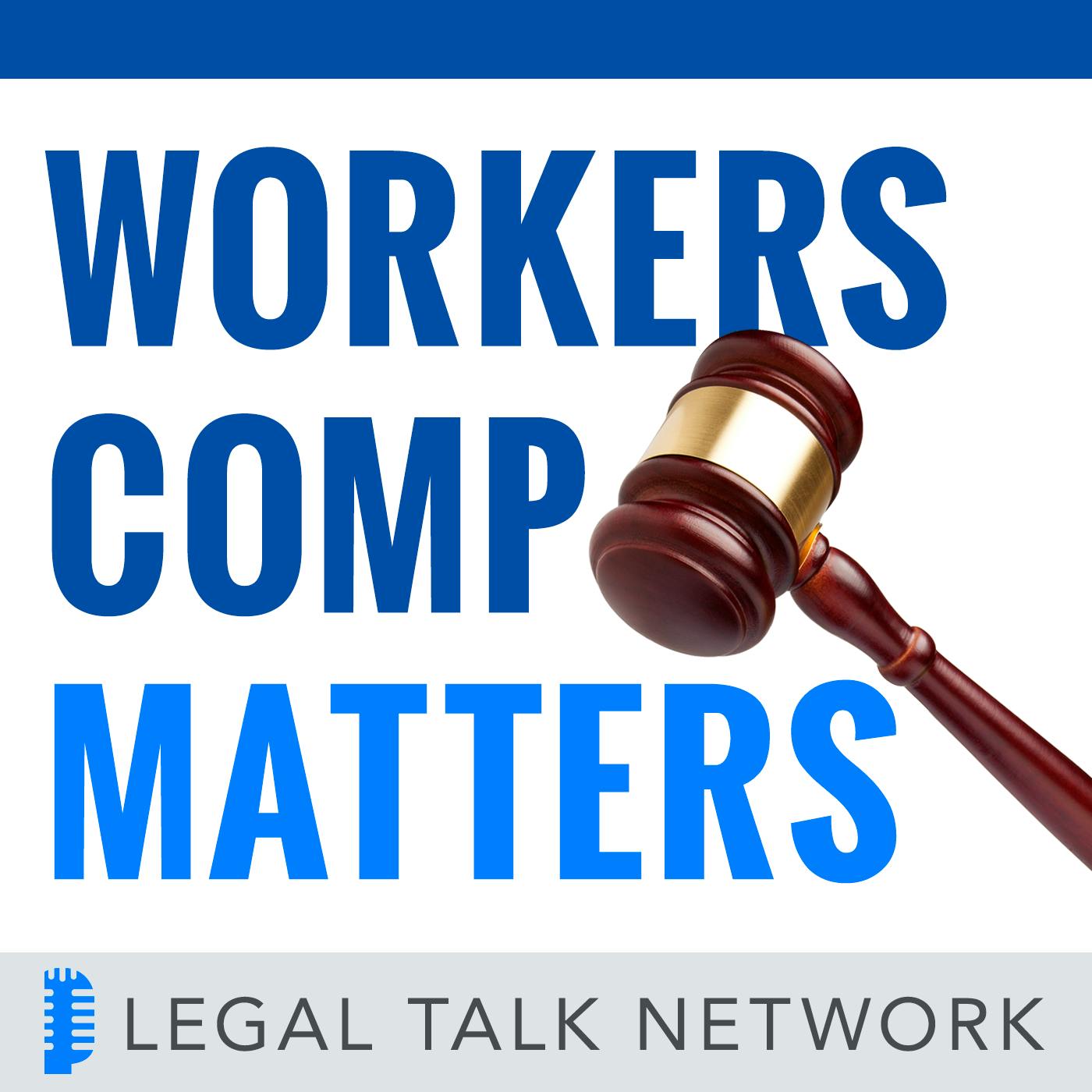Long COVID And Workers’ Comp, A Deep Dive Into A Real Issue
Description
Did we ever learn a lot during the once-in-a-generation health event that was COVID! Guest Dr. Bogdan Savych of the Workers Comp Research Institute (WCRI) is a policy analyst who is studying the lasting effects of the illness, as well as lingering cases of Long Covid.
What is “Long COVID?” How big is the problem? Is it even real? Is a pandemic an occupational disease? Savych is investigating who should pay and who decides how much a claim is worth. Imagine months, maybe years, of shortness of breath, brain fog, anxiety, and chest pain. The question is whether the workplace is responsible.
For Workers’ Comp attorneys representing clients, this becomes an issue of connecting the workplace to the initial infection, then to “Long COVID,” and finally to the worker’s ability or inability to return to work.
If you’re confused, this is the place to start. Four years after the onset of COVID, we’re still learning new things and still committed to helping workers recover and get back to their jobs.
Mentioned in this Episode:
Workers Compensation Research Institute, WCRI
“Long COVID in the Workers’ Compensation System in 2020 and 2021,” by Dr. Bogdan Savych
Dr. Bogdan Savych's previous appearance on Legal Talk Network
Centers For Disease Control And Prevention, CDC, “Long COVID Or Post-COVID Conditions”
National Institute for Occupational Safety and Health, NIOSH
More Episodes
When workers are recovering from a workplace injury, there are psychosocial factors, mental factors, which can impede the recovery from physical injuries. Things such as a worker’s recovery expectations, fear of pushing too hard or performing activities that may restrict the benefits of physical...
Published 04/30/24
This episode opens a new topic for the Workers Comp Matters podcast: repetitive stress injuries, sometimes referred to cumulative trauma, acquired on the job. What happens to someone when someone develops a workplace injury, physical or mental, that can’t be traced back to a single, isolated...
Published 03/26/24
Published 03/26/24


